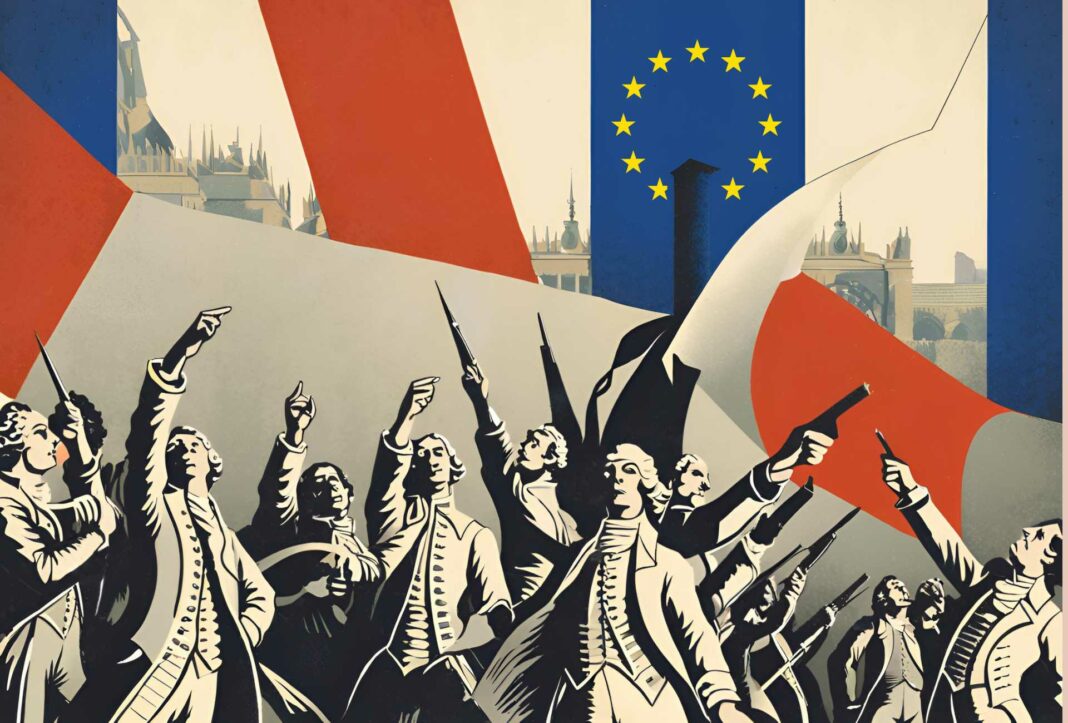An IMGW News Report:
How did the European Parliament (EP) election turn out?
The far-right saw gains across the EU in last weekend’s elections, while liberals and greens faced setbacks. Despite this, the centre-right European People’s Party (EPP), led by European Commission President Ursula von der Leyen, remained strong. Von der Leyen assured her supporters, “We will stop them — this is for sure,” signalling determination. However, the rise of far-right influence is expected to disrupt Brussels’ policies. Von der Leyen, eyeing a second term, faces a less environmentally friendly, more fragmented parliament, increasingly unwelcoming towards migrants.
You're Just a Couple of Clicks Away from IMGW.News Content...
1. New to IMGW.News?
If you're new to our portal, please subscribe here for free:
Link
2. Already Subscribed
If you are already a subscriber you can login from here:
Link
 What's New?
What's New?
We've enhanced our subscription technology with features like the Reading App, making IMGW.News more robust, user-friendly, and fun to use. Enjoy!







